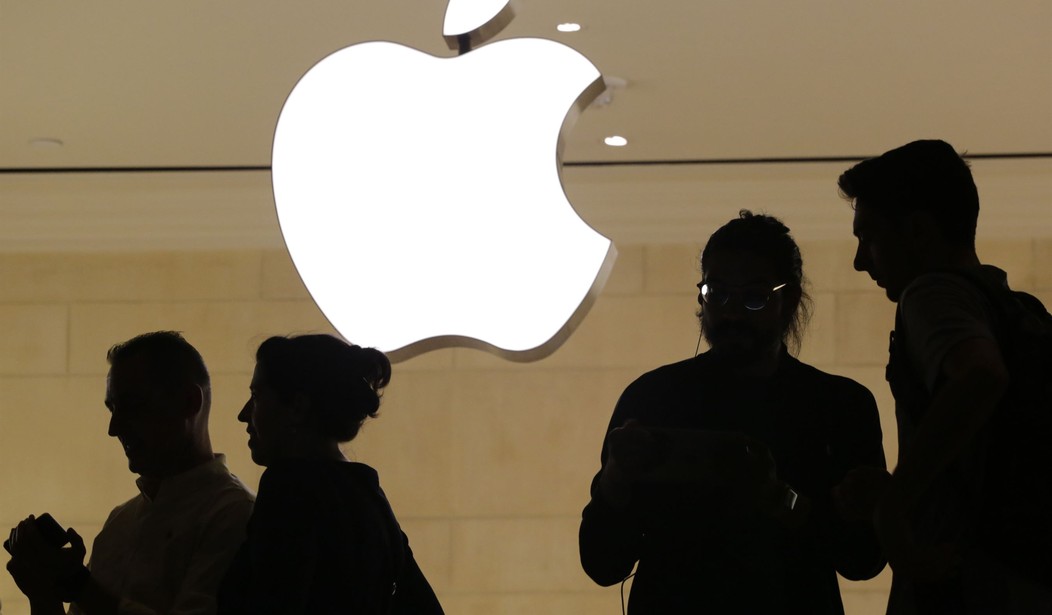Critics of the size of “Big Tech” who are advocating for more stringent antitrust regulation often do so because they believe the existence of large technology companies stifle innovation and are anti-consumer. These concerns have also shaped the legislative debate in Congress with Senator Amy Klobuchar’s Anticompetitive Exclusionary Conduct Prevention Act of 2020 erroneously warning that when “dominant sellers exercise market power,” as they do in the technology industry, they impair innovation and limit choice for consumers.
What advocates of antitrust reform miss, however, is that the development of technology products for consumers is dependent on considerable investment in research and development (R&D). Breaking up large tech companies or limiting the size of major tech companies such as Amazon, Apple, or Facebook would have damaging implications not only for consumers, but it would also destroy the significant economies of scale that technology companies require to provide better services, higher quality, and lower prices to consumers
A closer look at the investments that big tech companies pour into research and development makes it clear that breaking up companies like Facebook, Amazon, or Google would profoundly damage innovation and the development of groundbreaking technological products. This year alone, Amazon budgeted to spend $22.62 billion in research and development. Microsoft budgeted a record $19.3 billion, while Apple spent $16 billion in 2019.
R&D investments have allowed for some truly groundbreaking pieces of technology to enter the market, products that would have been unimaginable or unaffordable to most consumers.
Without some size, smaller technology companies would be hard-pressed to possess the capital required to invest in new, and developing, innovative products. In 2013, Apple reported spending approximately $150 million on developing the iPhone, a product that is now in its twentieth edition.
Without the significant capital invested by Apple, a company that commands a considerable share of the market, consumers would have been deprived access to its pioneering products, leaving them materially worse off and dependent on lower quality products. Today, smartphones serve as a single device for communicating, viewing entertainment, taking pictures, using GPS for directions, and monitoring health. Scale enabled smartphones to be multifunctional, which saves consumers a considerable amount of expense.
Recommended
Breaking up large technology companies would be especially damaging to consumer welfare. Without network economies, online applications like Twitter and Facebook would be failures if they could only garner 1% or fewer users. Why bother to tweet if no one is online to read it?
Large technology companies can command significant economies of scale through mass purchasing power that lowers the final cost of their products for consumers. In the final quarter of 2018, for example, Apple sold 48.69 million iPhones while Samsung, another large tech company shipped approximately70.3 million phones. The number of products large tech companies sell each quarter gives them enormous power to negotiate lower costs on purchasing the components required to build their products and shipping them across the globe.
Through these savings, large technology companies can offer superior products to consumers at a significantly lower cost than would otherwise be possible.
If large technology companies were broken up by the federal government as a result of more stringent antitrust laws, the tech industry would loose these economies of scale leading to more expensive products for consumers. This significant price increase as a result of lower economies of scale would undoubtedly hurt lower-income individuals who will be priced out of the market for advanced technologies.
Antitrust legislation that is not consumer-centric could severely damage the benefits of low prices and advanced technology that consumers presently enjoy. This should be enough to convince politicians that while antitrust legislation may have admirable intentions, it could end up hurting their constituents.
Edward Longe is a research associate at the American Consumer Institute, a nonprofit educational and research organization. For more information about the Institute, visit www.TheAmericanConsumer.org or follow us on Twitter @ConsumerPal.























Join the conversation as a VIP Member